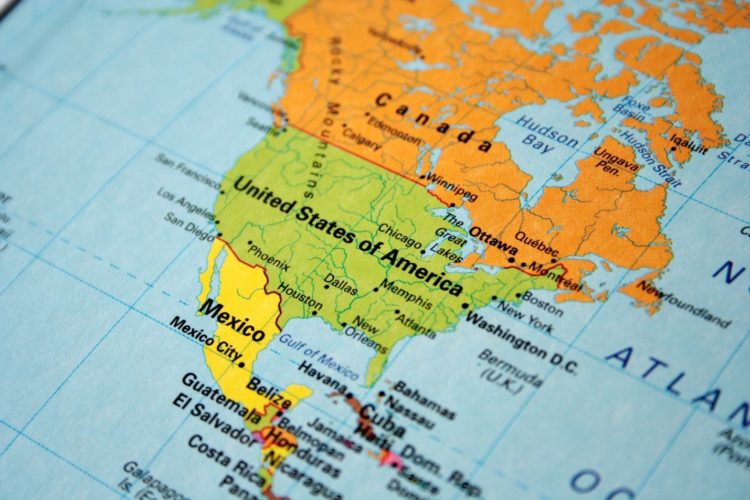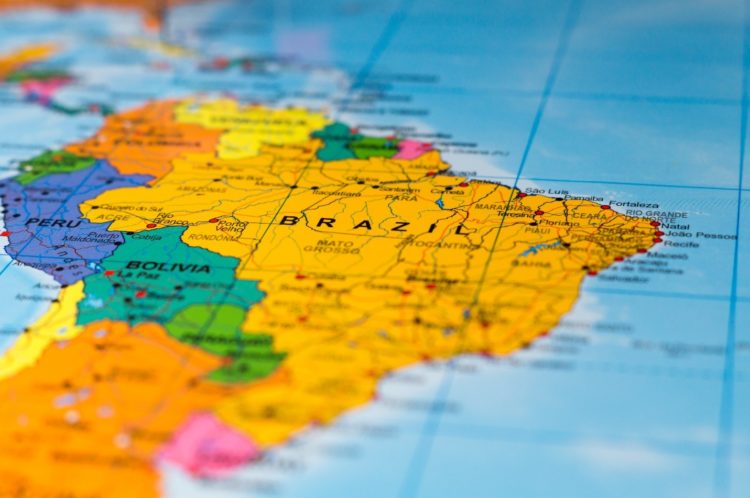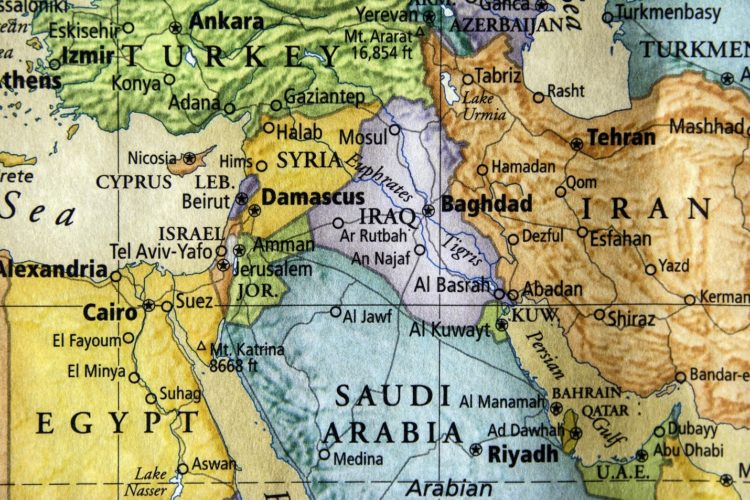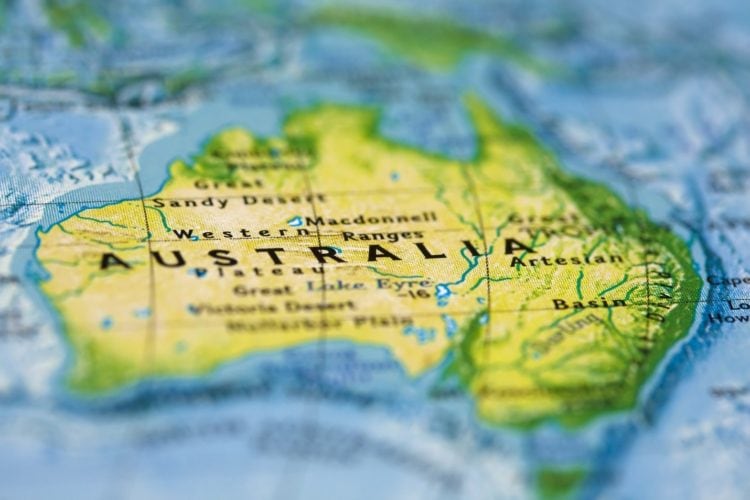
We live in a highly globalized world, and there are times when national borders seem pretty meaningless. One notable instance is when we operate on the internet. Online gaming has become increasingly popular and lucrative over recent years. The advent of technologically sophisticated online casino portals has allowed larger numbers of people to take a flutter on their favorite games no matter their geographic location.
As great as this sounds in theory, things are never quite that straightforward. Just like many cases where one is doing business across borders, the laws surrounding international internet gambling can be pretty complex due to the fact that almost every country has their take on it.
If you thought knowing about gambling laws and restrictions is only something online casinos need to worry about, think again! You’d be surprised to discover that there are many parts of the world where gambling is governed by heavily restrictive laws, or worse off, completely banned. What’s more, you might even find some countries like the USA are divided into several jurisdictions, each of which can have a radically different approach to gambling.
In this article, we’ll try to break down this contentious subject by explaining some of the basic facets of online gambling regulations and provide some insights into gambling laws in various regions around the world to help you establish where you stand when it comes to gambling in your country of residence.
How Online Gambling Legislation Affects You As A Consumer
Let’s begin by establishing the basics to save you from worrying about the legal ramifications of partaking in your favorite pastime. Firstly, it’s actually very rare for it to be explicitly illegal to use an online gambling site, and the easiest way to ensure you stay out of trouble is by choosing a licensed and fully regulated online casino.
Remember that the motive behind most online gambling laws isn’t to target individuals who use these portals but legislate the companies who operate and profit from the sites. Regardless, knowing a bit about your local laws and prohibitive clauses is helpful if you’re one who regularly engages in online gambling.
You’ll find that reputable casinos are licensed and regulated in at least one jurisdiction. The operators would have had to meet specific requirements set out by the licensing authority within a particular jurisdiction in order to obtain their license. Most online casinos will display the license in a prominent position on the site to reassure potential customers about their legitimacy.
The standards required to obtain a license vary from one jurisdiction to another. Some agencies are more stringent than others. Bearing this in mind, we have compiled a guide to the leading jurisdictions around the world to help you ensure you gamble safely.
North America

North America covers a vast territory, and we’ve already established that the USA is very fragmented in its approach to gambling laws. This goes far beyond each state’s attitude towards gambling; there’s even a lot of confusion about whether US laws apply to sites outside the region. Things aren’t much clearer in Canada, either. While there’s legislation that has been passed by the central government, each province still regulates gambling in the region.
South America

Generally speaking, South America is pretty liberal when it comes to legislating gambling. While there are restrictions on certain types of betting in some countries, there tends to be more flexibility. Brazil is probably the strictest country in the region where all casino games are technically prohibited.
Europe and the UK

Within Europe, there are also many different approaches to regulating online gambling. As for the UK, some countries have an outright ban, while others use a sophisticated regulatory framework where all forms of online betting are legal but must meet requirements set out by the Gambling Commission. While France also has a strict licensing process, it does allow overseas companies to accept French clients as long as they meet the county’s standards.
Africa

Apart from South Africa, most countries across this continent haven’t passed any significant legislation with regard to online gambling. While land-based casinos may be more regulated in these countries, they are yet to tackle the complex world of online gambling.
Middle East

Although Arabic laws on online gambling vary by country, there are very few countries where it’s actually legal in the region. Generally speaking, most gambling-related activities are illegal throughout the Middle East. Where gambling facilities are available, there’s often one rule for locals and another for foreign visitors and residents. Owing to the fact that penalties for breaking the law can be pretty severe in the Middle East, it’s highly recommended to do your research (thoroughly!) before engaging in any form of gambling.
Australasia

You might be surprised to learn that the laws governing gambling in Australia tend to be very strict. Gambling companies are only permitted to offer traditional sports better, and lottery-style games to residents and casino games and live sports betting are restricted. With that being said, Australians are allowed to use foreign gambling sites, since these aren’t controlled by Australian law. New Zealand, too, has clear legislations on online gambling. While overseas casino sites are allowed to accept New Zealand residents as clients, they aren’t permitted to advertise in the country.
As is evident, gambling laws across the globe are complex. We’ve provided a general overview of the attitudes towards online gambling in key regions, but it’s always wise and advisable to conduct further research into the laws pertaining to different countries – particularly the ones in which you plan to gamble – whether as a citizen, resident or visitor!
- Comprehensive Guide to the Board Game Go (weiqi, baduk) - January 23, 2024
- Are Creative Suites Changing Gaming - October 30, 2023
- How Classic Games Have Been Reimagined for Modern Audiences - October 5, 2023